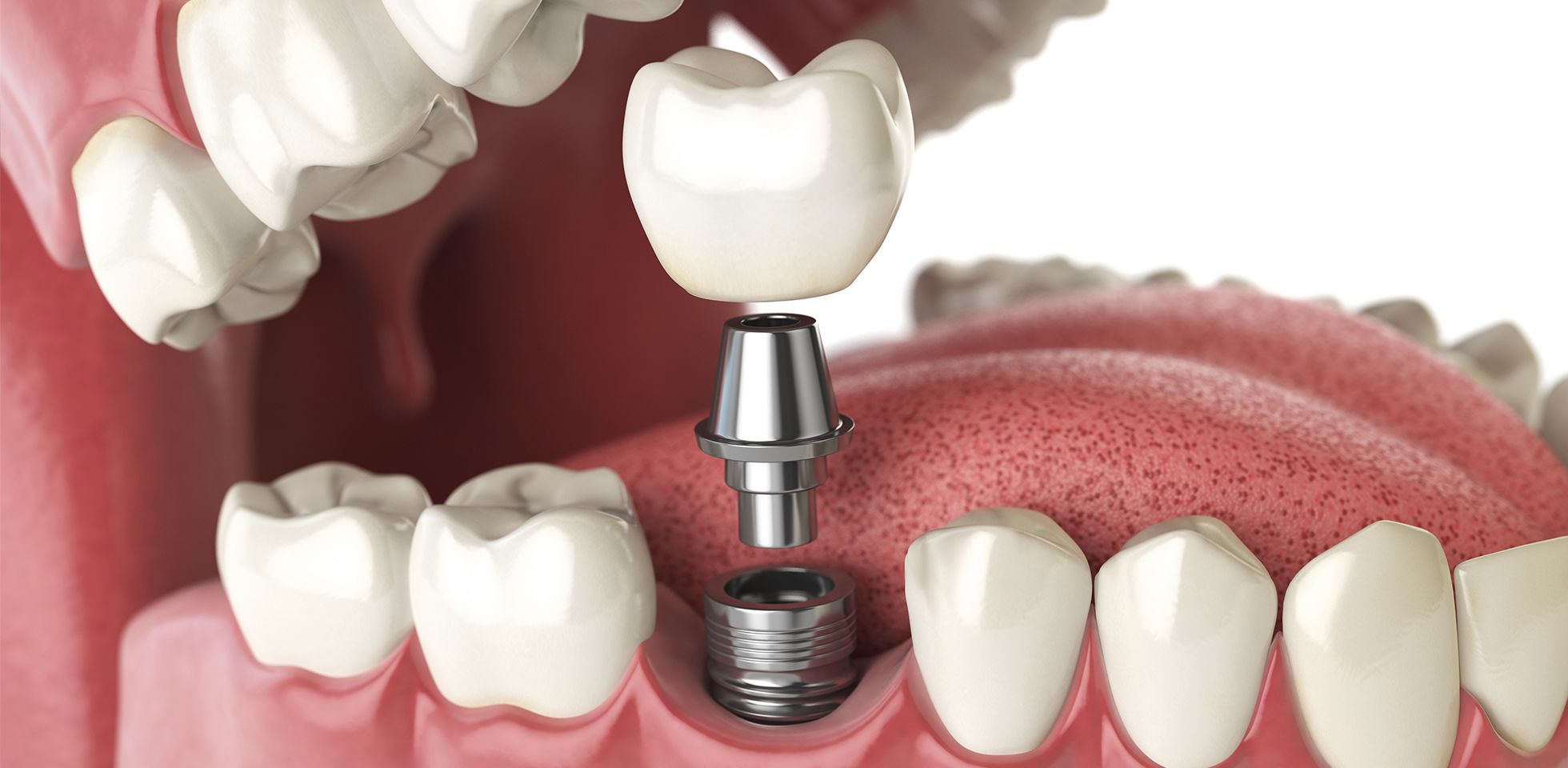This article is the second in a series for Oral Health. The first article was published in the August 2015 issue, with the title “Surgical Risk Factors in Implant Dentistry: Influence on Failures and Bone Loss”. Table 1 in this article, organizes risk factors in implant dentistry into four categories. These were introduced in the August 2015 article together with the concept of “Evidence Based Dentistry” and a representative case presentation.

Patient Related Systemic Risk factors: (Table 1)
This category of risk factors includes but is not limited to patient related: a) complaints, expectations, psychological suitability and limitations (e.g. clinical limitations and financial limitations), b) history of periodontitis (especially aggressive periodontitis) and c) smoking, systemic disease and medications.
• b) History of Periodontitis:
A patient’s history of periodontitis and in particular aggressive periodontitis needs to be determined from the information gathered from both the initial patient interview, previous dental records as well as from the diagnostic information gathering phase. There have been several articles studying this issue. Readers are referred to a meta-analysis published in 2014.1 A conclusion can be drawn from this review that a history of aggressive periodontitis poses a negative risk factor for and should be taken into account and included as part of the “informed consent” process and treatment.
• c) Smoking, Systemic Disease and Medications:
The patient’s dental, medical and habit history and in particular current conditions that could impact upon the outcome, need to be questioned and evaluated at the initial patient interview and where indicated investigated in more detail. Outside consultations may be needed to determine if any pre-treatment precautions need to be taken or if treatment is absolutely contra-indicated.
Patient Informed Consent
Successfully achieving “patient informed consent” is a critically important aspect of overall patient care. It is a legal and ethical duty for dentists to make sure that the patient understands the important aspects of treatment. There have been several recent RCDSO Dispatch articles that have addressed this issue, for example “Dental Implant lawsuits”, August/September 2015 issue, “Informed Consent Learning program”, November/December 2015 issue and “Informed Consent From
Material Risks to Material Information”, February/March 2016 issue.